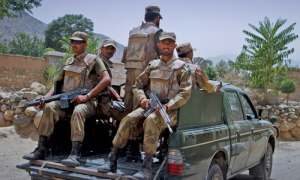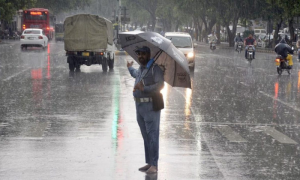The youth of India have become increasingly disillusioned with the policies of Prime Minister Narendra Modi, who has been pushing a vision of a Hindu dominated India. Since June 14, 2022, when the “Agni Veer” recruiting plan was introduced, this disappointment has been even more extreme. Introduced under the Modi administration, this programme seeks to enlist Indian adolescents in the Indian Army for a four-year term, ranging in age from 17 to 21. That being said, the nation’s youth have expressed a great deal of unhappiness and disapproval with this programme.
The days of massive demonstrations by young people, students, and regular people in response to the Agni Veer scheme’s hurried announcement in June 2022 are long gone. Kuchman City, which used to be a thriving centre with more than 200 defence coaching institutions preparing students from Rajasthan, Haryana, and surrounding regions of Western Uttar Pradesh for military entrance tests, now has the appearance of an abandoned town. The deep effects of this contentious programme are evident in the reduction in the number of functional coaching academies to less than 15-20, and in the even smaller number of applicants preparing for military professions.
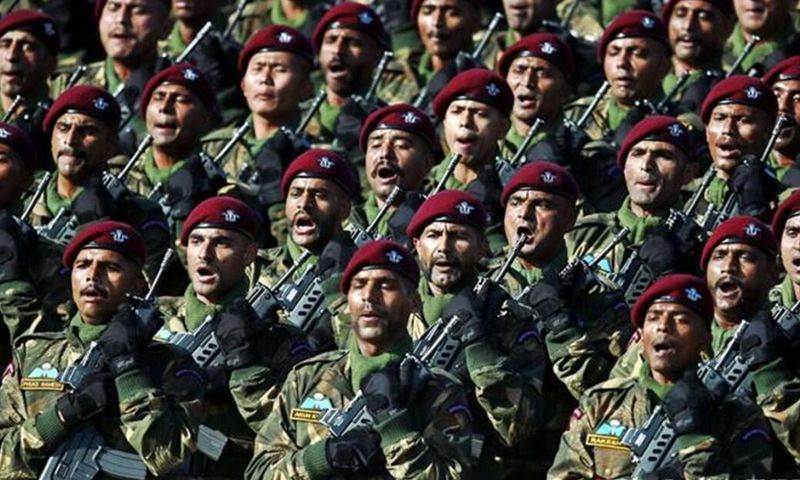
The districts of Sikar, Jhunjhunu, Churu, and Nagaur make up the Shekhawati area of Rajasthan, which is colloquially referred to as Jatland since the majority of its people is Jat. It is well known that the greatest number of Indian Army men came from this region. Regardless of the larger concerns influencing state or national elections, political parties in Shekhawati actively seek the support of serving and former military personnel. Discussions over the ‘Agni Veer’ programme are especially polarising the political landscape in Shekhawati as the 2024 Lok Sabha elections draw near. Four of Rajasthan’s 25 Lok Sabha seats are in Shekhawati.
Congress politicians often criticise the national government over the Agni Veer initiative in meetings, but BJP leaders generally steer clear of the topic. The loss of seats is a reflection of the distinct ways in which the youth’s resentment and angst are still unresolved. No matter how hard the Agni Veer project is portrayed, this simmering resentment will not go away and will pose a threat to the current regime. The young people are even more irritated and dissatisfied with the contract-based military recruiting plan, which, after four years, lowers a person ready to commit their lives to army duty to a security guard position.

Even former army veterans expressed worry when young people staged protests to call for the cancellation of the Agni Veer project. A retired Lieutenant General highlighted that the government’s goal was to aggressively adopt “Sabka Saath, Sabka Vikas” in order to destroy the Army’s regimental system, which is the cornerstone of combat weaponry and camaraderie. Perhaps encouraged by their sheer majority in Parliament, the governing regime disregarded such guidance, determined to adopt contract-based employment in the military, despite these concerns. The government probably thought the scandal had faded down as elections drew near and the discourse appeared to have quieted down.
However, in December 2023, extracts from former Army Chief Naravane’s memoir, released “Four Stars to Destiny,” which sparked criticism once more. It was disclosed by Naravane that the administration had not contacted him or the then-Navy Chief Karamvir Singh, who had officially rejected the plan. In addition, the administration launched the plan without consulting the current Air and Navy Chiefs, which prompted Naravane to characterise it as a “bolt from the blue” for military leadership.
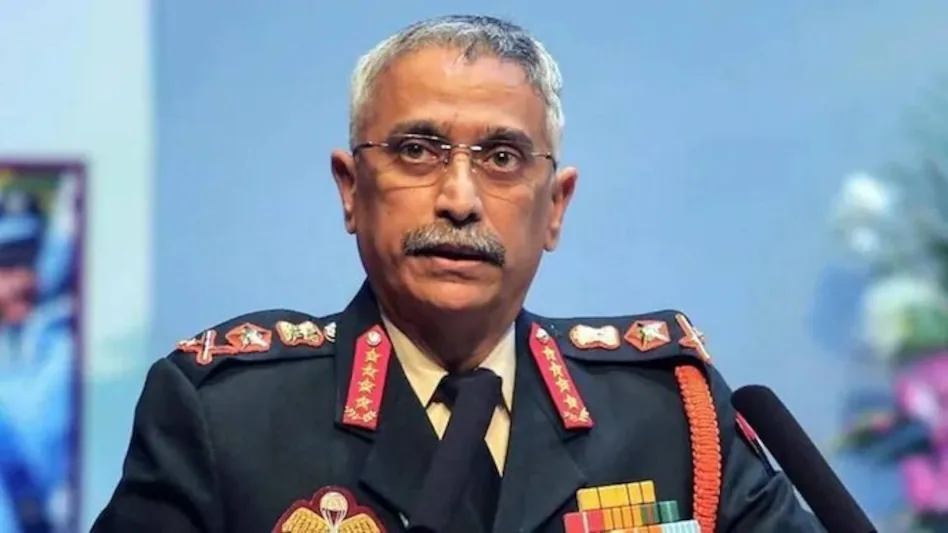
Rahul Gandhi, has been a vociferous opponent of the Agni Veer project. He has questioned the rationale and timing of its implementation, speculating that Modi is using it as a calculated manoeuvre to divert money meant for soldiers’ pensions to the Adani Defence Company. Gandhi claims that the purpose of this reallocation of funds is to make it easier to buy weapons through joint ventures with US and Israeli businesses, then resale those weapons to the Indian Army.
Traditionally, the Indian Armed Forces have gotten their arms from defence contractors like Hindustan Aeronautics Limited and Bharat Heavy Electricals Limited. However, under the new scheme, these responsibilities will now be managed by the Adani Defence Company. Critics claim that even in the case that troops have to make a sacrifice, they will not receive the respect and appreciation they are due because of this change, which would leave them undertrained.

The youth of Haryana, has also expressed concerns that they would be discharged after only four years. This is a sentiment that is shared throughout the nation, not just in Haryana, a known area for military recruitment. The abandoned training fields and recruitment offices are a clear sign that young people are becoming less interested in serving during these new terms.
A considerable decline in military recruitment and general dissatisfaction with the Indian Army have resulted from widespread disillusionment with the Agni Veer programme. Many young people are contemplating migrating due to uncertain prospects, which is causing families to sell their houses and look for stability elsewhere. There is also concern that these educated people may become militants if they don’t have any job opportunities.
The Modi government is accused by critics of depriving young troops the honour of serving the country and of utilising the youngsters for political advantage. They regard the plan as ill-conceived. As disgruntled young choose to migrate and engage in political opposition as ways to vent their unhappiness, this perceived betrayal has damaged public confidence in the administration and might have long-term effects on India’s political climate.
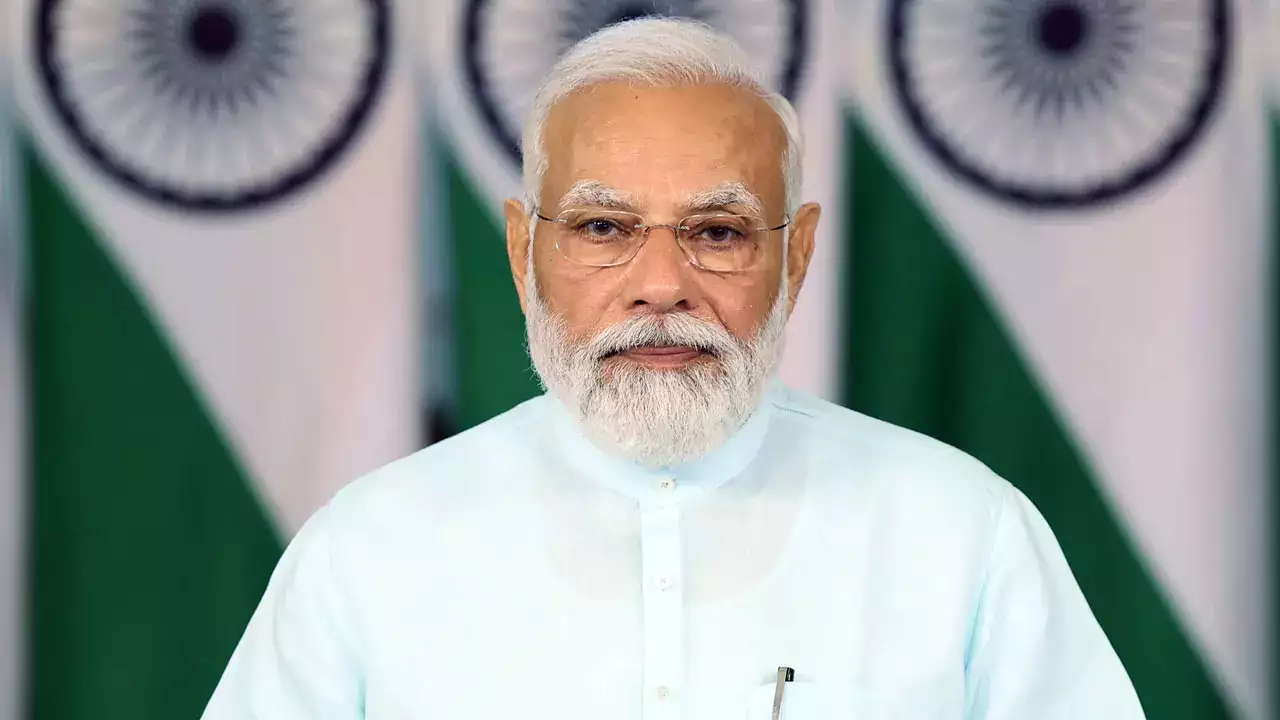
The possible societal consequence of jobless teenagers with four years of military training and weapons licences might be quite alarming in this unstable context. As we commemorate the 30th anniversary of the Rwandan Genocide, we must make sure that such crimes are history and serve as a sobering warning by drawing comparisons with modern-day India. It is believed that Modi regime is utterly disregarding India’s age-old recruitment norms for military and this will have long term ramifications for an Army of world’s largest democracy.
















